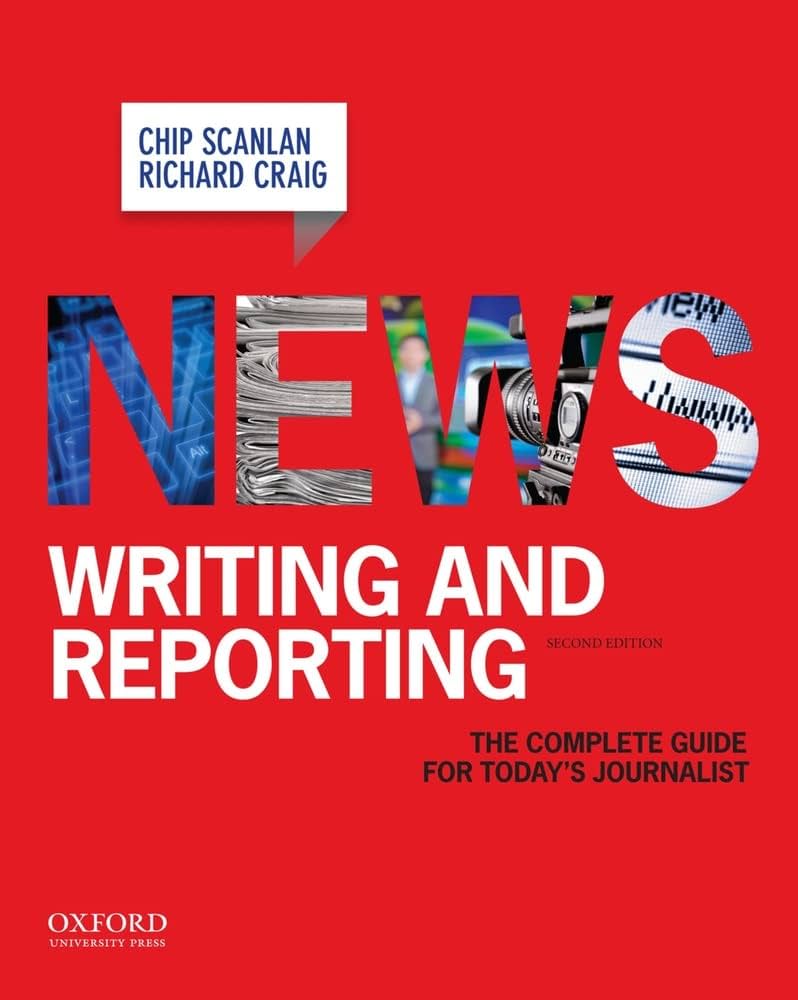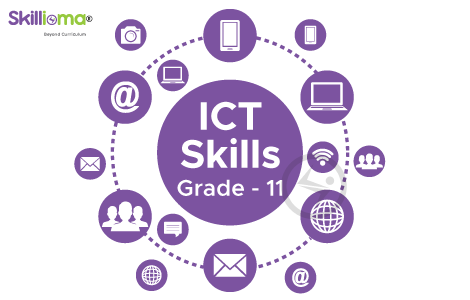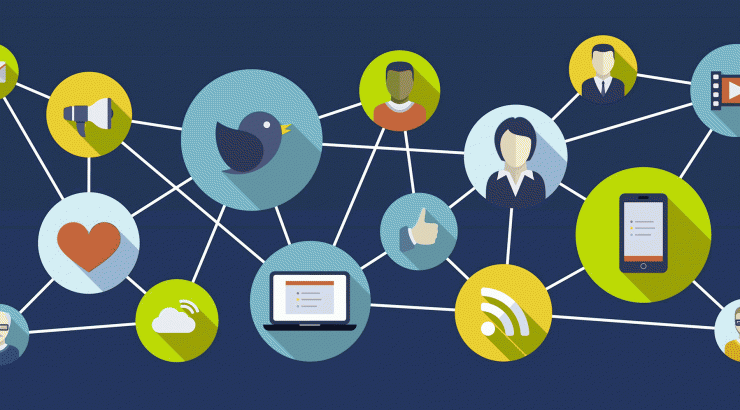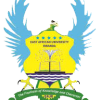
This course will help learners with skills of writing
- Teacher: Solange UMURERWA
This course introduces students to the core principles and practices of broadcast journalism, focusing on how news stories are identified, gathered, verified, written, and presented for radio, television, and digital media. Students explore what makes information newsworthy and develop skills in sourcing credible information while applying ethical standards of verification.
The course emphasizes the role of the interview in news reporting. Students learn how to plan and conduct different types of interviews using effective questioning and listening techniques that help uncover clear, accurate, and compelling information.
Additionally, students are trained in writing for broadcast, using concise, conversational, and audience-friendly language. They practice structuring stories for spoken delivery, adapting written information into scripts that are easy to understand when heard rather than read.
Finally, the course develops practical field reporting skills. Students learn how to report from various locations, script for visuals and audio, and incorporate natural sound and descriptive detail to enhance storytelling. By the end of the course, students are equipped to create clear, credible, and engaging broadcast news reports across multiple media platforms.
- Teacher: MBARUSHIMANA Jean Paul

- Teacher: Richard Dani IRAGUHA

Photo editing and caption
writing are crucial skills in photojournalism. They enhance
- Teacher: Doreen UMUTESI

Course Description
The Development Communication course explores the pivotal role of communication in the development process, particularly in tackling socio-economic challenges and enhancing key sectors such as education, health, and agriculture. It emphasizes the significance of communication in driving sustainable development and fostering positive change within communities. Through a blend of theoretical insights and practical approaches, the course equips learners with the knowledge to promote social transformation, influence public policy, and engage communities at the grassroots level. Students will be introduced to both traditional and contemporary communication methods, with a strong focus on crafting audience-centered strategies that are culturally relevant and effective.
- Teacher: David NDEMEZO

Course Description
This course introduces students to key theories that have shaped the field of mass communication. It explores how mass media (television, radio, film, print, social media, etc.) influences public opinion, behavior, culture, and society. The course covers foundational, contemporary, and emerging theoretical frameworks, discussing their relevance to the current media landscape.
- Teacher: David NDEMEZO

Description:
This course provides foundational and advanced knowledge in Information and Communication Technology (ICT) to enhance digital literacy and technical proficiency. Students will learn essential computer operations, software applications, internet usage, cybersecurity, and problem-solving skills relevant to modern workplaces.
Course code: BFS 1204
Course credit: 10
Pre-requisites: None
Academic year: 2024-2025
Lecturer: Dr. Jonathan
Telephone: +254723167221,+250798678863
E-mail: phialn1@gmail.comCourse Objectives:
By the end of this module, students should be able to:
-
Understand the Fundamentals of ICT – Explain key concepts, components, and applications of Information and Communication Technology.
-
Develop Proficiency in Computer Operations – Use operating systems, file management techniques, and basic troubleshooting skills.
-
Enhance Word Processing Skills – Create, format, and edit professional documents using word processing software.
-
Improve Spreadsheet and Data Analysis Skills – Utilize spreadsheet applications for data entry, formulas, charts, and financial analysis.
-
Master Presentation Software – Develop engaging digital presentations with multimedia elements.
-
Gain Competence in Internet and Email Usage – Effectively browse the web, conduct online research, and communicate using email.
-
Understand Cybersecurity Basics – Identify threats such as viruses, phishing, and data breaches, and apply best practices for online safety.
-
Explore Database Management – Understand the basics of database software for storing, retrieving, and managing information.
-
Apply ICT in Business and Communication – Utilize digital tools for collaboration, online marketing, and professional networking.
-
Develop Problem-Solving Skills Using ICT – Apply ICT tools to solve real-world problems in various professional fields.
This module aims to equip students with practical ICT skills necessary for academic, professional, and personal use in today’s digital world.
Course Learning Outcomes:By the end of this module, students will be able to:
-
Demonstrate a clear understanding of ICT concepts – Explain the role and importance of Information and Communication Technology in various fields.
-
Operate a computer efficiently – Perform basic and advanced computer operations, including file management and system navigation.
-
Create and edit professional documents – Use word processing software to format, edit, and present documents effectively.
-
Utilize spreadsheet applications for data management – Apply formulas, functions, and charts for data analysis and problem-solving.
-
Develop engaging presentations – Design and deliver multimedia presentations using presentation software.
-
Use the internet and email for communication and research – Conduct efficient online research and communicate professionally via email.
-
Apply cybersecurity principles – Recognize cyber threats and implement safe online practices to protect personal and professional data.
-
Manage databases effectively – Understand the basics of database management for organizing and retrieving information.
-
Leverage ICT tools for business and communication – Utilize digital tools for collaboration, e-commerce, and social networking.
-
Solve real-world problems using ICT applications – Apply ICT knowledge to practical scenarios in education, business, and other industries.
This module equips students with essential digital literacy and technical skills required for success in academic, professional, and everyday digital environments.
- Teacher: Edison ISHIMWE

Description:
This course provides students with an introduction to the principles, theories, and practices of public relations (PR). It explores the history, role, and ethical considerations of PR in modern organizations, as well as its relationship with communication, society, and media. Students will develop foundational skills in PR planning, media relations, and crisis communication.
Course code: BMAC 1202
Course credit: 10
Pre-requisites: None
Academic year: 2024-2025
Lecturer: Mr. SEMUKUNZI VEDASTE
TEL: 0788591689
EMAIL: semukunzi@yahoo.fr
Course Objectives:By the end of this module, students should be able to:
-
Understand the Fundamentals of Public Relations – Define public relations, its history, and its role in modern organizations.
-
Identify Key PR Tools and Techniques – Recognize and apply various PR methods, including press releases, media kits, and social media strategies.
-
Develop Effective Communication Strategies – Create compelling messages tailored for different audiences and media channels.
-
Analyze the Role of Media in PR – Understand how to establish and maintain relationships with journalists, influencers, and other media professionals.
-
Manage Public Perception and Reputation – Learn strategies for brand positioning, crisis management, and reputation building.
-
Apply Ethical and Legal Principles in PR – Understand the ethical responsibilities and legal considerations in public relations practice.
-
Utilize Digital PR Strategies – Explore the impact of digital platforms, including social media, blogs, and online communities, in modern PR campaigns.
-
Plan and Execute PR Campaigns – Develop and implement strategic public relations campaigns that align with an organization’s objectives.
-
Evaluate PR Effectiveness – Assess the success of PR efforts using key performance indicators (KPIs) and feedback mechanisms.
-
Enhance Professional PR Skills – Build confidence in writing, public speaking, and relationship management within the PR field.
This module aims to equip students with the knowledge and practical skills needed to engage in strategic communication, effectively manage organizational reputation, and navigate the dynamic field of public relations in both traditional and digital landscapes.
Course Learning Outcomes:On successful completion of this course, student will be expected to:
- Understand and explain in depth what is public relations;
- Be able to distinguish public relations from other related concepts
- Understand and use the tools of public relations
- Be capable of identifying the publics of any given corporation or organization and hence establish viable relationship between the organization and its publics
- Understand the components of public relations and implement their techniques
- After studying this course the student will be more attracted by public relations jobs.
- Teacher: Chebet Asumani

INTRODUCTION
This course will introduce you to the various theories of mass communication and gives you appreciable understanding of the conceptual perspectives, relevance and approaches for the application of the mass communication theories.
Every attempt is made to introduce and review relevant theories of mass communication studies. The course content is arranged in the best possible way to ensure balance and to guide the students to both the main and sub topics of different theories of mass communication.
Because this is a course about communication, you will be expected to network yourselves into groups (taking advantage of advancement in social media), spend a lot of your time among your group members either face-to-face or through convenient social media network talking to one another and working with one another to explain and understand application of each theory.
This Course Guide familiarizes you with basic information about this course; including the course structure and objectives; assessment/examinations structure and schedule for assignment and other activities.
Learning Outcomes
The course aims at broadening the students’ knowledge of fundamental theories of mass communication; conceptualization, functions, effects and contributions to media and social development. By the end of this course, you will:
· Explain the basic mass communication theories that guide our understanding of the effects and roles of mass media.
· Be able to analyze media messages from many perspectives, all through the use of mass communication theories.
· Demonstrate a much deeper understanding of the personal and cultural role of the mass media industries.
Objectives
The course is intended:
- To introduce you to a broad range of theories of mass communication so that you can develop a personal understanding of conceptualization and functionality.
- To increase your analytical ability and broaden your understanding of intended and eventual effects of mass communication messages.
- To increase your understanding of mass media communication, the operational environment, and audience.
Academic year 2024-2025
Lecturer: Zuhura Wambui

